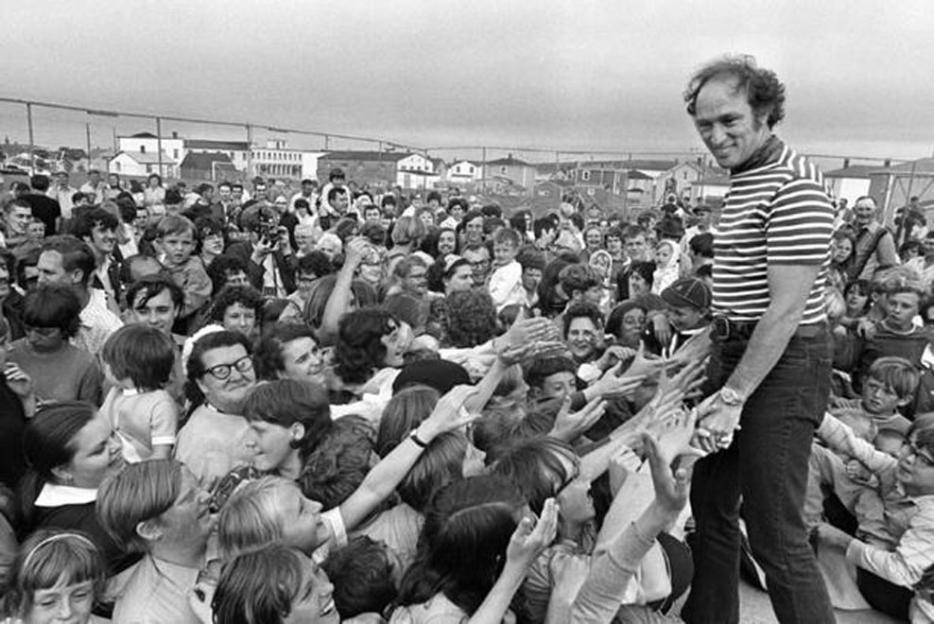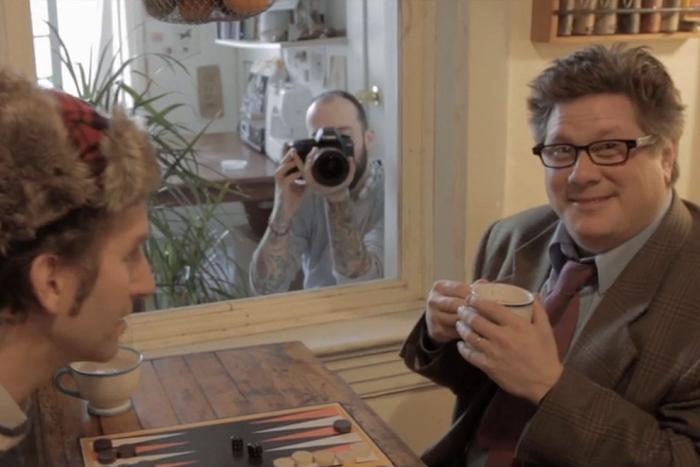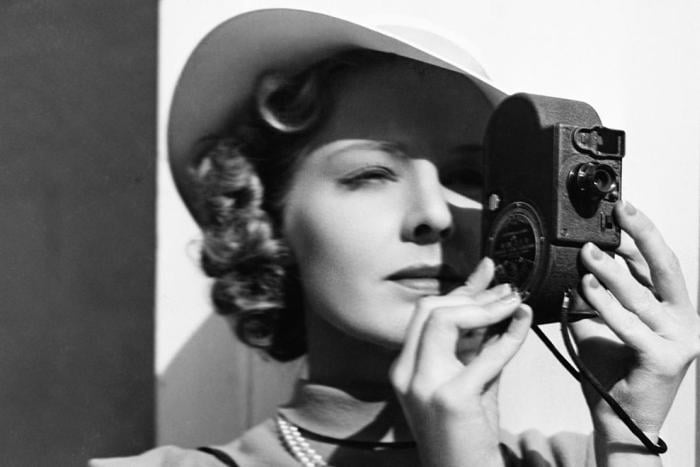When the 1995 Quebec referendum happened, I was 15. We lived about a half-hour from the border with Ontario, and on the day of the vote, my sister and I got sent over to my aunt’s in Ottawa. My mum worked on the Ontario side, and she was afraid that if it was a Yes she might not able to get back across the river that divided the provinces. We all hunkered in my aunt’s basement watching the The National on their cabinet TV until the red No on the bar at the bottom of the screen squeezed past the blue Yes. We drove home through the quiet streets, past the houses in our neighbourhood with different flags on their porches, listening to Jacques Parizeau on the radio blaming the “ethnic vote.”
A lot happens to shape our political experience before we’re old enough to vote. In the current issue of Children & Society, Dorothy Moss from the UK’s Leeds Metropolitan University examines children’s participation in political life. Moss argues that children and youth have been unfairly characterized as “politically apathetic,” and their engagement with politics has been underestimated because the emphasis has been on their participation in formal political parties. Instead, Moss says, researchers should be looking at a wide range of social and familial activities and attitudes that constitute meaningful political moments for children.
Moss took sixteen adult respondents of both sexes with varying ages, ethnicities, and class backgrounds (all currently living in Britain) and administered a questionnaire as well as conducting two in-person interviews, in which respondents were asked to discuss their early experiences with political divisions.
Many mentioned their childhood perceptions of the police. Five of the sixteen respondents had clear memories of moments when they realized that some people were policed differently from others. Apara, a woman born in Nigeria in 1968, moved with her family to England in 1973. In 1976 there was a high-profile police killing of Liddle Towers, an amateur boxer. Her mother had a work connection to Towers, and Apara told the interviewer, “That frightened me, the idea that you could be beaten to death and it was ‘justifiable’ ... the law itself could be above the law.” A man named George born in 1958 remembered, “I was attracted to other boys from 8 or 9 ... it wasn’t legal ... always frightened, ‘cause I knew that it was ‘bad’ ... The police were always tinged with that ... When I was 19 ... driving in a car with my then boyfriend ... four policeman, on motorbikes, drove up and started hammering on the windows of our car and shouting ‘Puff.’”
Another major area of political questioning for some of the respondents was animal welfare. Tessa, born in 1969, grew up in the country in a fox-hunting family. She remembered being frightened by the influx of protesters, and being encouraged to think that their motivations were more financial than moral: “We used to call them rent-a-crowd ... if you’d paid them ten pounds they’d have supported fox hunting.” The people on the hunt were people she knew, and the protesters were strangers, so she naturally sided with her family and friends, even though she loved animals.
Many respondents described their first time voting, and many reported voting differently from their parents. Martin, who was born into a relatively wealthy background in 1951, remembered: “My mother, my father and myself went to vote. My mother had voted Conservative, I’d voted Labour and my father had voted Liberal.” A woman named Rachel, who became aligned with the feminist movement despite her Conservative family, voted for the first time in 1982: “out of rebelliousness ... in terms of human rights ... Thatcher ... constant battles of the [Greater London Council] who were trying to do lots of things ... I was only ever gonna be a Labour voter.” In considering these two young people’s first voting experience, and their political allegiances, Moss writes: “For Martin and Rachel, these political decisions were more possible because of their access to ideas from the social movements and cultural arrangements of their times.”
Moss concludes that the subtle, emotional experiences that take place outside of the formal political arena have a heavy impact on children’s political outlook. While it may not be possible to draw a straight line from being frightened by protesters at a fox hunt and later voting Conservative, Moss says, “it is possible to gain deeper understanding of the form that children’s political engagement takes, to give more attention to their connectedness with others, their emotional ties and their feelings of fear and empathy in relation to the particular places and times they occupy.” She goes on to note that while children do not have a vote, political pressure brought by children has been known to have a real effect, as with the schools boycott in apartheid South Africa.
I think when I was a child, while I may not have been equipped to understand the complexities of electoral politics, I was probably far more willing to act on my moral concerns. Now that I can vote, I tend to act as if that’s the only form of political engagement. Thinking about how a country should be run should be about working toward a society that expresses one’s convictions about how we should treat each other. Children are the ones who turn vegetarian because they love their cat, and ask to bring the homeless guy on the corner home with them. Childhood offers a more simplistic worldview, but it may be a clearer one.






